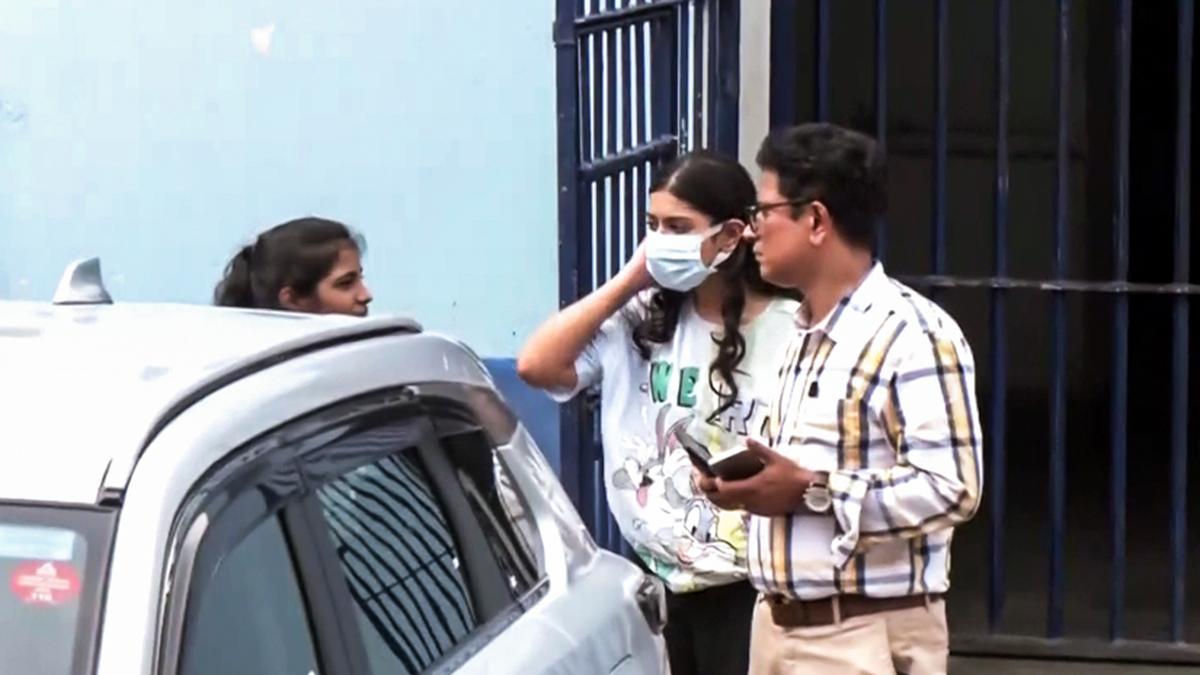The story so far:
On June 3, President Droupadi Murmu notified four Regulations for the Union Territory (U.T.) of Ladakh, defining new policies on reservation, languages, domiciles, and composition of hill councils for Ladakh, which became a Union Territory in 2019. The notified regulations were The Ladakh Official Languages Regulation, 2025; The Ladakh Civil Services Decentralisation and Recruitment (Amendment) Regulation, 2025; The Ladakh Autonomous Hill Development Councils (Amendment) Regulation, 2025; and The Union Territory of Ladakh Reservation (Amendment) Regulation, 2025.
What did the policies entail?
The Regulations pave the way for 85% reservation for resident Ladakhis in government jobs. The Rules notified empowered the tehsildar to issue the domicile certificates. To be considered “domiciles” and thus eligible for the 5% quota in government jobs in the U.T., non-local residents must prove a continuous 15-year stay in the U.T. starting from October 31, 2019. Added with the 10% quota for the Economically Weaker Sections, the total government job reservation in the U.T. now stands at 95%, one of the highest in the country.
According to the 2011 Census, Ladakh’s population is 2,74,289, and nearly 80% are tribals. The U.T. has a majority Buddhist population in Leh and a sizeable Muslim population in Kargil.
Another recently notified policy said that at least one-third of the seats in the hill councils of Leh will be reserved for women, on a rotational basis across jurisdictions, and the official languages of the U.T. will be English, Hindi, Urdu, Bhoti, and Purgi.
Why were the policies notified?
After the special status of Jammu and Kashmir under Article 370 of the Constitution was read down on August 5, 2019, the former State was split into two Union Territories — J&K and Ladakh, the latter without a legislative Assembly. After initial euphoria, the Ladakhi civil society groups began protests demanding protection of land, resources, and employment. Concerns arising out of big businesses and outsiders acquiring land and jobs led people to protest and observe shutdowns. Cutting across party lines, locals and a former BJP MP demanded restoration of protection as granted under Article 35A of the Constitution, which was revoked with Article 370 in 2019. Article 35A lets the J&K legislature decide the “permanent residents” in the former State, prohibits a non-J&K resident from buying property, and ensures job reservation for its residents.
In 2020, the People’s Movement for Constitutional Safeguard or the Leh Apex Body (LAB) was formed, backed by the powerful Ladakh Buddhist Association. In 2021, the LAB and the Kargil Democratic Alliance came together to fight for constitutional safeguards for the region. Together, they came up with four key demands: inclusion under the Sixth Schedule of the Constitution (giving tribal status and autonomy over land), Statehood, separate Lok Sabha seats for Leh and Kargil districts, and filling of existing government vacancies.
What was the government’s reaction?
On January 2, 2023, the Union Ministry of Home Affairs constituted a high-powered committee (HPC) chaired by Minister of State for Home Nityanand Rai for talks with civil society groups. The committee was rejected by the groups as the latter suspected it of having only pro-government members. The committee was reconstituted on November 30, 2023.
Even as the committee met, the talks broke down in March 2024. On October 6, 2024, climate activist Sonam Wangchuk sat on an indefinite fast in Delhi to draw the government’s attention to their demands, following which the Ministry of Home Affairs agreed to resume the talks. The HPC, including leaders from Leh and Kargil, met on December 3, 2024, followed by another meeting on January 15, 2025.
The committee met again on May 27, where the contours of the domicile and reservation policy were hammered out.
What is next?
Cherring Dorjay Lakruk, the president of Ladakh Buddhist Association and co-convenor of the LAB, who is also part of the HCP, said that they will continue to demand Statehood and inclusion under the Sixth Schedule of the Constitution.
“Only one chapter, that of government jobs, is closed. The talks with the government will continue over issues such as the protection of land and constitutional safeguards. So far, we have not raised the issue of land with the government,” Mr. Lakruk said.
Before the policies were notified, the high-powered committee members were invited by Union Home Minister Amit Shah for a tea party at the latter’s residence. “The Home Minister assured us that all other issues will remain under discussion,” Mr. Lakruk said.
Published - June 06, 2025 08:30 am IST



.png)
.png)
.png)
















 15 hours ago
5
15 hours ago
5








 English (US) ·
English (US) ·